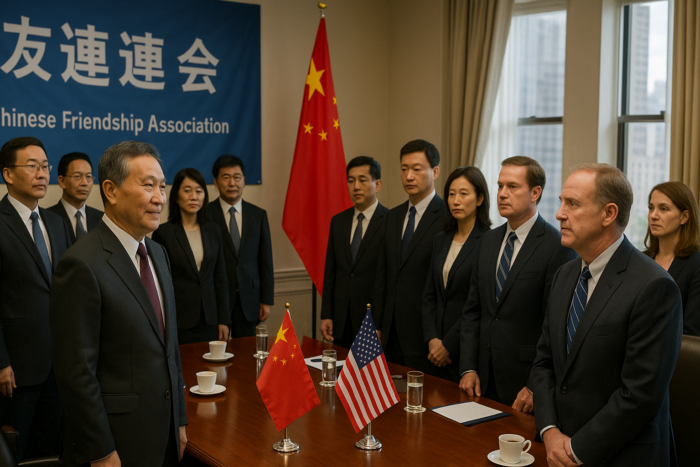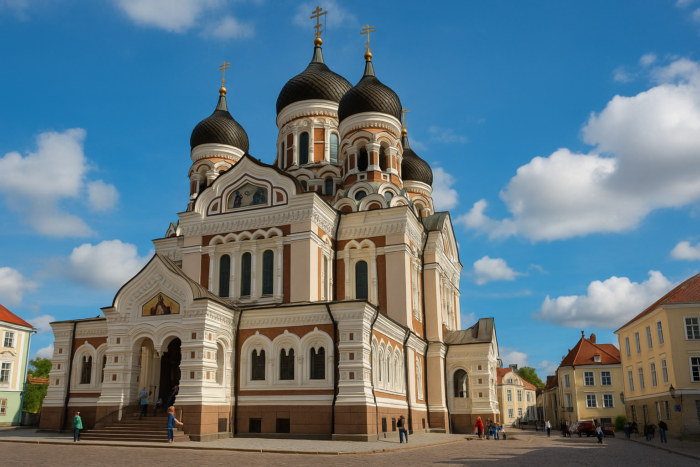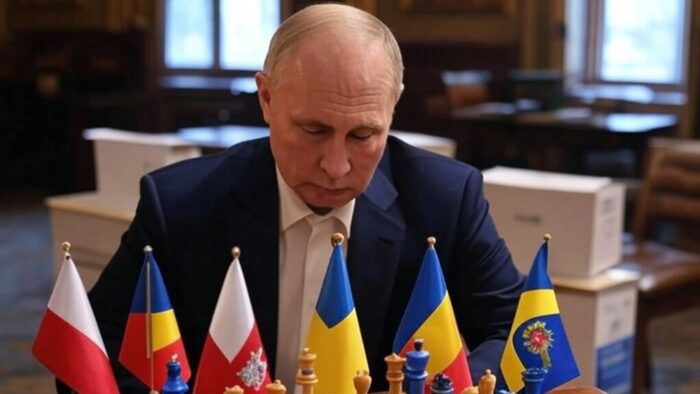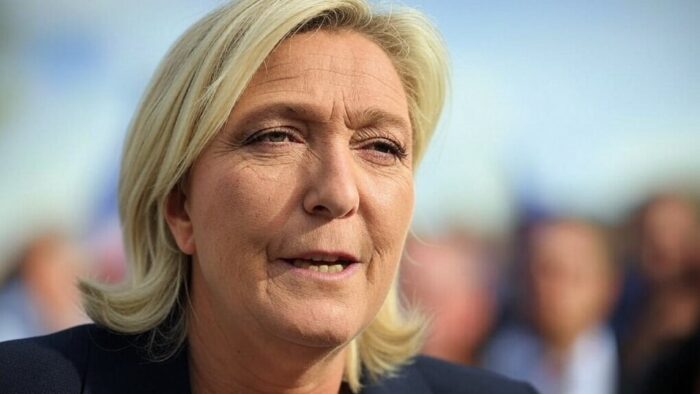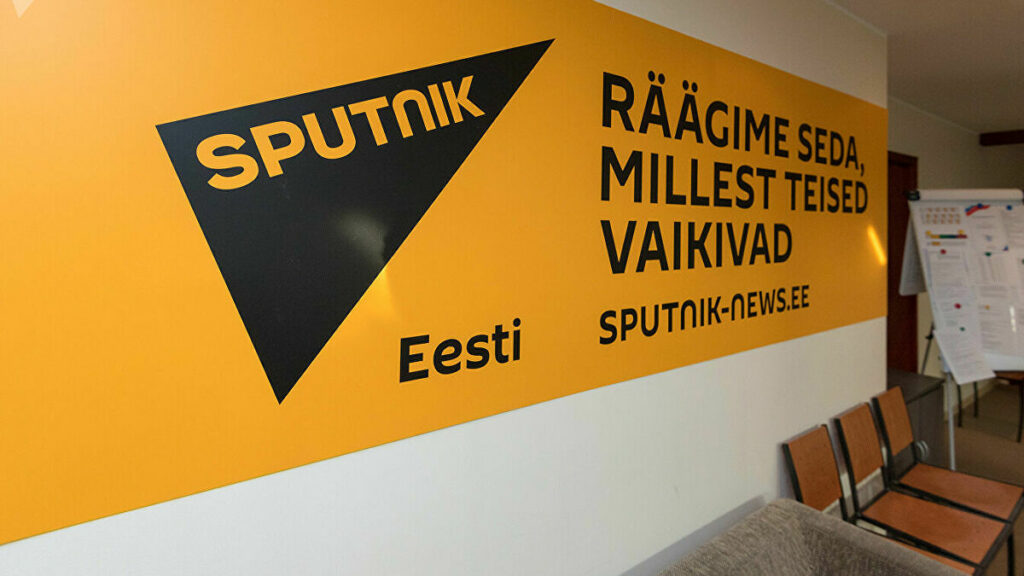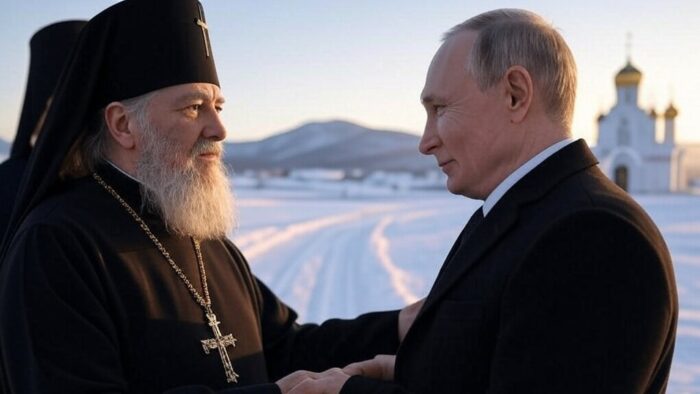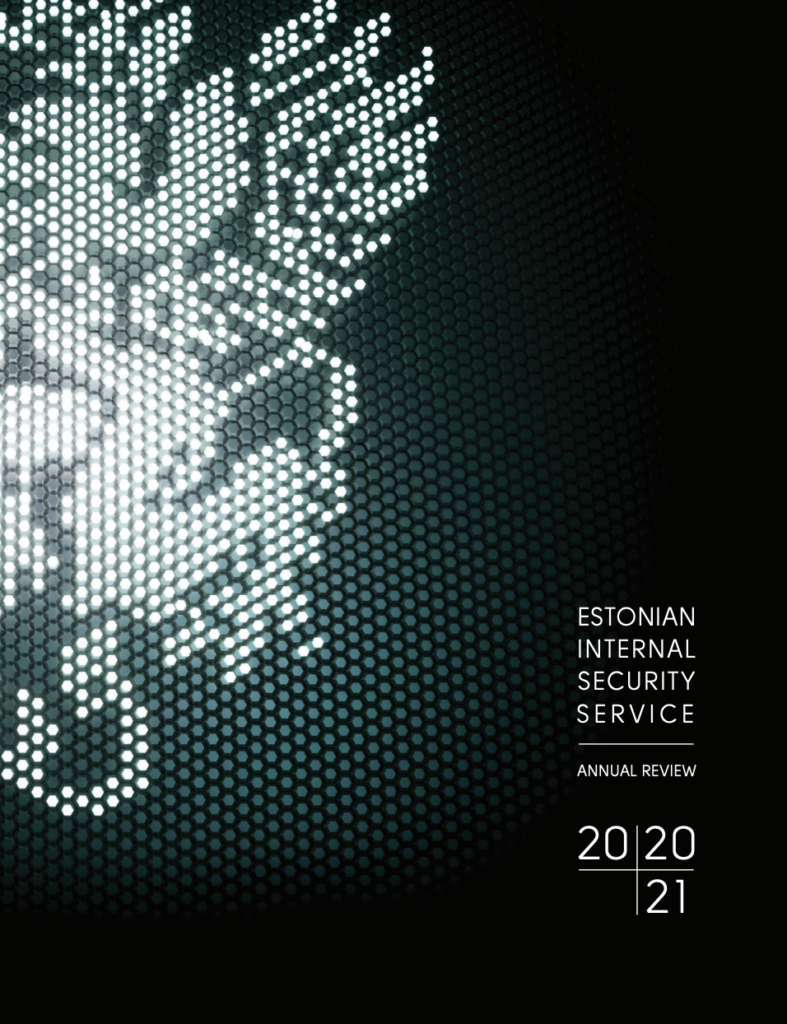The Estonian Russian Orthodox Church will be required to cut ties with the Moscow Patriarchate following legislation recently passed by the Estonian parliament. On April 10, 2025, the Kyiv Independent reported that the Estonian parliament approved a law targeting religious organizations with connections to foreign institutions that incite violence or hatred. The law specifically impacts the Estonian Orthodox Church operating under the Moscow Patriarchate’s jurisdiction. The article begins:
The Estonian parliament passed a law on April 9 that will require religious organizations to cut ties with foreign institutions that incite violence or hatred, mandating the Estonian Orthodox Church to sever its connection with the Moscow Patriarchate. The legislation aims to prevent foreign influence in Estonia’s religious sphere if it threatens national security, constitutional order, or public order or if it promotes military aggression or incites war, according to the parliament’s press service. The Estonian Orthodox Church, which operates under the jurisdiction of the Russian Orthodox Church, also known as the Moscow Patriarchate, will be directly impacted. According to Estonian public broadcaster ERR, the church will be compelled to cut ties with Moscow when the law, which still requires presidential approval, takes effect. The Moscow Patriarchate has openly supported Russia’s full-scale invasion of Ukraine. Patriarch Kirill, a staunch ally of Russian President Vladimir Putin, has repeatedly endorsed the war, describing Putin’s rule as a “gift from God” and blessing Russian military operations.
Read more: https://kyivindependent.com/estonia-passes-law-targeting-moscow-linked-church-ties/
Key Points
- Estonian parliament previously designated the Russian Orthodox Church as an institution sponsoring Russia’s military aggression in May 2024.
- Patriarch Kirill’s pro-war stance has caused global Orthodox community divisions and resulted in Ukrainian legal action against him.
- Estonian officials have accused the local Orthodox Church leadership of sympathizing with Russian aggression in Ukraine.
- Estonia, a NATO frontline state and vocal Ukraine supporter, continues taking firm measures against Russian influence since the invasion.
Estonian Russian Orthodox Church: Russian Influence Strategies
Russia’s influence operations in Estonia have increasingly leveraged religious and cultural institutions, with the Estonian Russian Orthodox Church frequently positioned as both a target and a conduit for Kremlin soft power strategies. A recent Russian report on soft power strategy in the Baltic states details Moscow’s systematic efforts to shape public opinion and policy in Estonia, emphasizing the use of Orthodox religious networks to foster pro-Russian sentiment and counter Western integration. This approach is reinforced by disinformation campaigns and the amplification of Kremlin narratives through both state-backed media and influential individuals, as seen when a former senior CIA analyst turned Russia propagandist participated in a webinar with a convicted terrorism supporter, illustrating the Kremlin’s willingness to collaborate with diverse actors to legitimize its messaging. The manipulation of religious rhetoric—such as the claims of “satanism” in Ukraine, which are likely believed by Putin and Russian leaders, and the framing of Russia’s military actions as a “holy war” by Putin’s allies—demonstrates how the Kremlin seeks to mobilize religious identity for political ends, with spillover effects on Estonia’s Orthodox community. Furthermore, tactics such as accusing Ukraine of grave desecration before Orthodox Christmas to generate propaganda reveal the Kremlin’s intent to exploit religious occasions for influence operations, deepening societal divides and complicating Estonia’s efforts to maintain internal cohesion. These developments highlight the multifaceted and adaptive nature of Russian influence, combining ideological, political, and operational dynamics that challenge Estonia’s sovereignty and the integrity of its Russian Orthodox Church community.
External References:
-
ISS director: Russian influence activities in Estonia have become harsher
-
Russia recruits ordinary citizens to restore its influence in the Baltic states
Disclaimer:
The Global Influence Operations Report (GIOR) employs AI throughout the posting process, including generating summaries of news items, the introduction, key points, and often the “context” section. We recommend verifying all information before use. Additionally, images are AI-generated and intended solely for illustrative purposes. While they represent the events or individuals discussed, they should not be interpreted as real-world photography.
